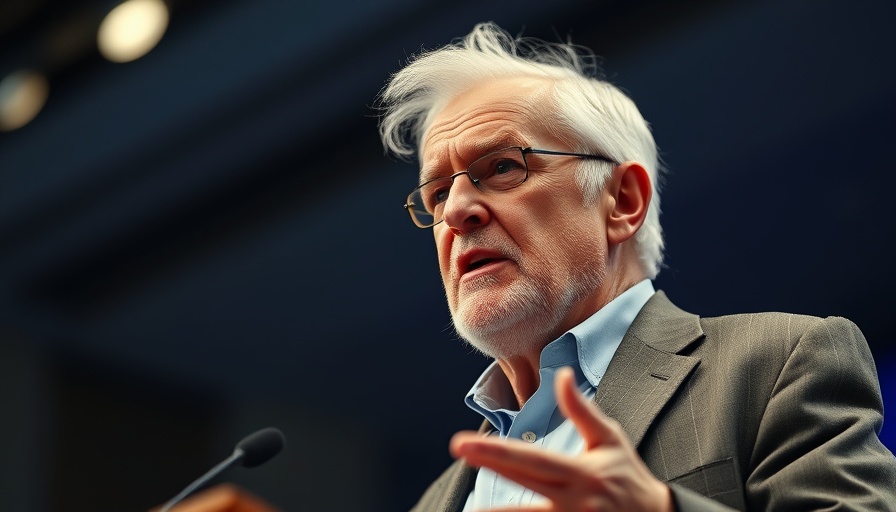
The Dark Legacy of Mistrust: Government and Epstein
In recent developments, the Department of Justice reported that they found no evidence of Jeffrey Epstein maintaining a "client list" of high-profile individuals who could be subject to blackmail. This claim raises serious questions about the credibility of the government’s narrative surrounding Epstein's operations, revealing deep-rooted distrust among the public.
Shifting Narratives Fuel Public Outrage
Attorney General Pam Bondi initially indicated that the Epstein client list was on her desk and would soon be released, only to later clarify that her statement referred to a different document. Such flip-flopping adds to the skepticism already prevalent regarding government transparency.
The DOJ's assertion that Epstein's death was a suicide, despite an autopsy suggesting otherwise, has fueled further discontent, especially among influential figures such as Tucker Carlson and Megyn Kelly. Their vocal criticism signifies that even familiar conservative allies are demanding accountability and truth.
The Broader Implications of Government Mistrust
This unfolding situation signals a growing movement among citizens to question authority, not only concerning Epstein but across various governmental actions. The public is beginning to realize that skepticism about official narratives is essential in a functioning democracy. This scrutiny can empower individuals and ignite discussions about liberty and governance.
Understanding Governmental Lies: A Historical Context
Historically, many believe that governments undertake actions for the greater good, yet numerous instances reveal that such assumptions do not hold true. Many see that the state operates under a series of misleading beliefs—claiming to serve the public while often enhancing its authority at the expense of individual freedoms. This sentiment leads to a critical examination of government interventions in everyday life—from education to health choices and international affairs.
Opportunities for Reflection and Action
The discourse surrounding Epstein's case is not merely about uncovering the truth; it fosters a unique opportunity to think critically about the role of government in our lives. Encouraging individuals to question governmental narratives can lead to broader conversations about liberty and responsibility.
In light of these developments, it is vital for individuals to stay informed and engaged in discussions about governance and civil liberties. The legacy of mistrust and the pursuit of transparency marks a significant turning point in public discourse. To foster a freer society, continued advocacy for truth is essential.
 Add Row
Add Row  Add
Add 




Write A Comment